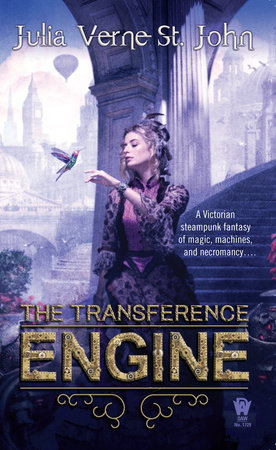From the very first page of
Small Great Things by Jodi Picoult (Random House, October 2016), I knew that I was in the hands of a master storyteller, one who would effortlessly guide me into the lives of her characters, with all their unexpected twists and turns, without a single jolt or bump in the road that was not intentional and expertly handled. Very early in the book, I kept thinking what it must have been like to read
To Kill a Mockingbird by Harper Lee for the very first time, without knowing how it was going to turn out. I am a little leery of applying superlatives to a work which has not yet withstood the test of time, but I would be surprised if Small Great Things does not have the same impact and enduring popularity. Picoult has taken one of the defining issues of our age and woven it into a story with universal appeal.
The book begins simply with a day in the life of woman who has attained a high degree of skill and no small amount of professional recognition. Ruth is a labor and delivery nurse with over twenty years of experience, who enjoys the respect of her colleagues and the gratitude and trust of her patients. She is rightly proud of her educational achievements, being the daughter of a housekeeper who has spent her entire life in sacrifice and hard work so that her children might know a better life. All goes smoothly, with mothers giving birth and babies being evaluated, until Ruth and the reader are taken by surprise when two young parents of a newborn react to her performance of her duties with antagonism. Soon Ruth is forbidden to care for the baby and finds herself in the untenable position of obeying those instructions from her supervisor or standing by when the baby stops breathing. Ruth’s dilemma soon becomes a moot point when, despite her heroic intervention and that of the hospital pediatrician and her fellow nurses, the baby dies.
Now comes the conflict that will furnish the emotional and political driving force of this book: Ruth is black and the parents of the unfortunate baby are not only white, they are racist skinheads of the most violent sort. Unable to cope with the loss of their baby, they bring charges that quickly result in Ruth being charged with murder.
The second viewpoint character is the husband of this couple, and I cannot begin to tell you how much I did not want to be inside his head. From beginning to end, I found his behavior inexcusable and reprehensible, but I must acknowledge that such people exist. It seems that every few days I read a story in the news of some outrage perpetrated by people like him. They may not call themselves white supremacists or skinheads, but they promulgate the same vile philosophy. As I was reading this book, I saw a clip on social media of a young white woman screaming racist epithets at a black person. In Picoult’s book such people have not disappeared simply because they are not in the news. They have changed tactics, using the internet and coded language to disguise their agenda. Their hatred extends also to guys, immigrants, Jews, and many others, but in this story it is directed with full force against black people.
With sensitivity, insight, and consummate skill, Picoult examines the question of whether a white person — in this case Kennedy, the public defender who represents Ruth — can ever understand what it is like to be black in America. The author herself acknowledges the limitations of any story that is told by an outsider. Perhaps the most moving parts of the book center around the struggles of Ruth and Kennedy — to understand and to be understood. Kennedy’s initial priority, based on her legal expertise, is Ruth’s acquittal, and her strategy calls for ignoring the racial aspects of the charges to focus purely on the medical and legal. But is it possible to ignore the elephant in the middle of the living room — the reality that race can and does color every aspect our society? Given that truth, what must we — black and white and every color in between — do to overcome it?




